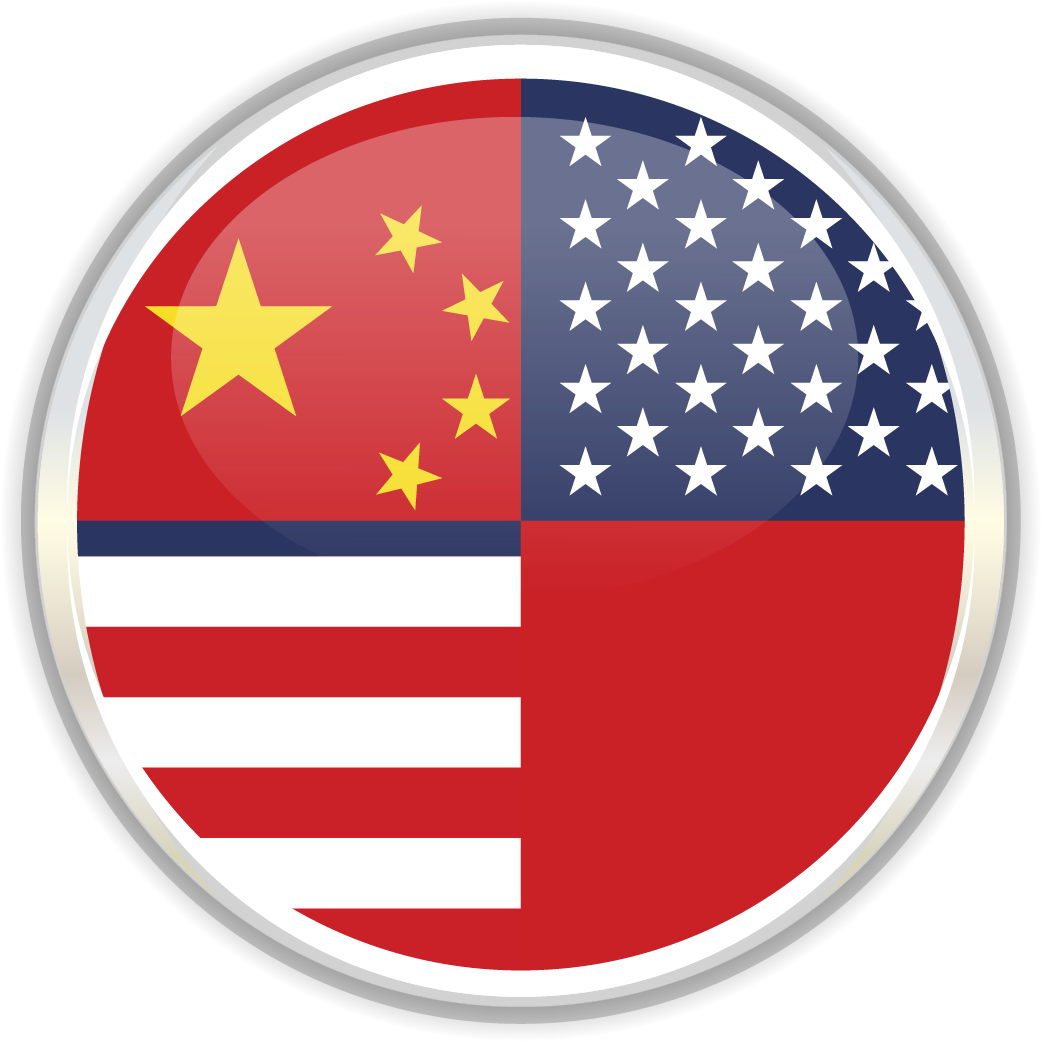管子语录 汉英双解
【原文】使法择人,不自举也;使法量功,不自度也。故能匿而不可蔽,败而不可饰也;誉者不能进,而诽者不能退也。然则君臣之间明别,明别则易治也,主虽不身下为,而守法为之可也。 《明法》
【汉解】用法度录取人材,自己并不推荐;用法度计量功劳,自己并不裁定。所以贤能不可能被掩蔽,败类也不可能伪装;夸誉者不能进用人,诽谤者也不可能罢免人。这样,君臣的界限就分明了,分明就容易治理,因为君主虽不自身下去办事,依靠法度去办就行了
【英译】Selecting men on the basis of law and did not depend on their own judgments when elevating them. Assessing merit on the basis of law and did not depend on their own judgments to make decisions. Therefore, the able could not be concealed and the corrupt could not disguise their actions. Those who would praise the unworthy were not able to advance; those who would slander the worthy were not able to retreat. Such being the case, ruler and minister were clearly separated, and since this separation was clear, good order was easily maintained. Even though the ruler did not himself conduct activities below, by upholding the law, things were properly done.
